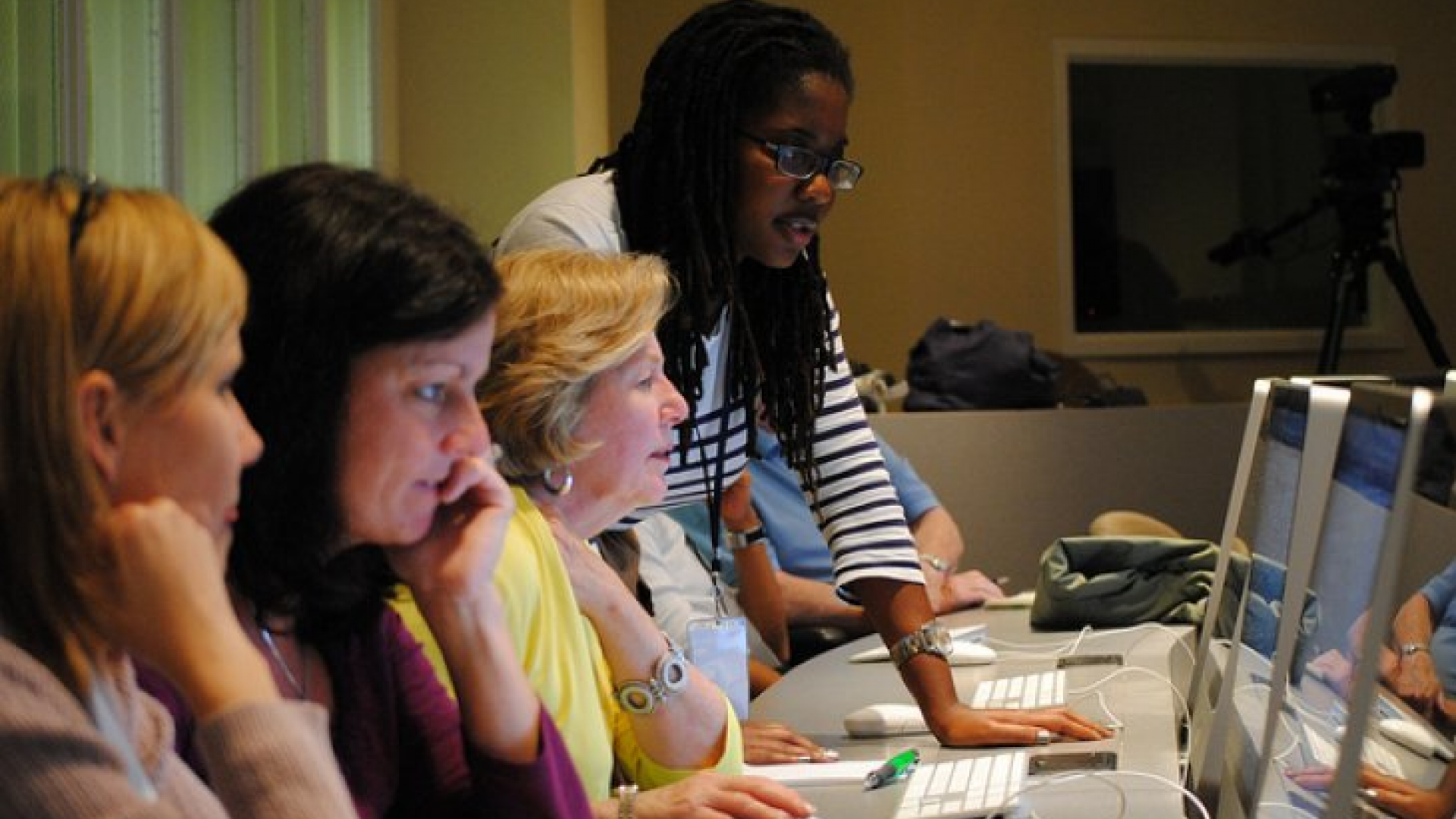Thanks to digital technologies the speed with which we can complete research is faster than ever, and can be almost instantaneous in some cases. The volume of research and data we can produce has multiplied hugely and our ability to reach audiences across the world and in niche subsets is as never before. So how to decide which is the best methodology to answer your research question?
Research in the digital age really comprises two areas.
Firstly, a digital upgrade to traditional methodologies much like your weekly phone call to your grandma is now a Skype or Face Time session.
These technologies can be used to complete face to face interviews with participants, freeing up researchers from making long journeys but allowing the observation of body language to what may have been a telephone interview in the past. Focus groups can now take place online, allowing participants from different geographic locations to participate.
The technology available can also increase participation and interest through allowing respondents to draw, comment, rank and interact with stimulus in a way that is impossible off-line. These methods can increase access by allowing a geographically spread group of people to participate, ensuring those with mobility or transport issues don’t need to leave the house and a reduction in the time spent travelling for all participants.
Obviously, there are some weaknesses, participants need to be comfortable using their computers, internet connections need to be stable and the group interaction, while still there, is muted compared to a face to face group.
Secondly we have new methodologies that exploit digital technologies such as online communities, bulletin boards and discussion forums. These allow the creation of temporary ‘communities’ of respondents who react and interact in an online space to answer research questions over a set period of time.
We have run two online communities and are currently planning a third for the autumn, all of which have been with very different audiences; donors, healthcare professionals and young people. These communities provide interesting methodological differences to traditional qualitative research allowing respondents to interact over a period of time, upload images and photos from their experiences and reflect on their experiences.
Then we have the analysis of all that data that we all produce in our daily lives – the so-called Big Data. This comprises different tools to take our social media responses, our online transactions, behaviours and analyse them. This area is not without its problems partly because there’s simply so much of it and partly because it’s not always clear who ‘owns’ the data and therefore how it can be used.
Monitoring of Tweets, analysis of Facebook topic data and bespoke social media analysis all mean the opportunity to monitor response and take up of campaigns, reactions and actions in real time.
So, data is not scarce any more but we need to make sure that it is representative of the people we want to hear from. This has been a weakness in online panels for some groups in the past. For example ensuring that that the older age groups are represented, particularly the over 75s. However, this is improving daily as engagement of this group with online behaviours is growing.
In truth every research methodology has its weakness. If we return back to traditional methods of quantitative/survey research, telephone is no longer viable with younger age groups as they rarely have fixed telephone lines. Postal surveys are now almost defunct as response rates have plummeted over the last ten years. Face to face surveys either in the street or house to house are still strong, however, the costs of running these are high when compared to other methodologies.
Yet, if your donor base is older you might consider telephone and if you are trying to reach a niche group such as those who don’t have English as a first language, face to face may be the only option.
How to navigate the minefield of multiplying methodologies? I think sticking to the basic core principles of good research is a must.
- Ask the right questions
- Of the right people
- At the right time
The reality of budgets and timescales will always partly dictate what is possible to achieve. So whether you want to stick to the tried and tested or would like to try something new given the variety of methodologies at our disposal there will always be a solution out there. We are always happy to talk through the options.

